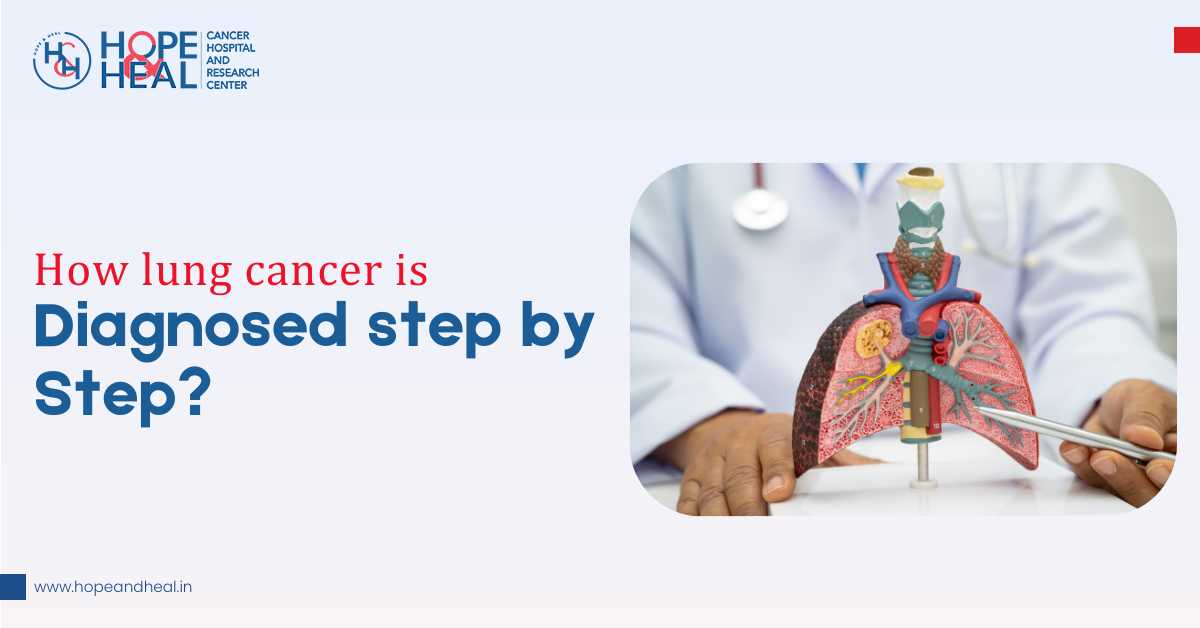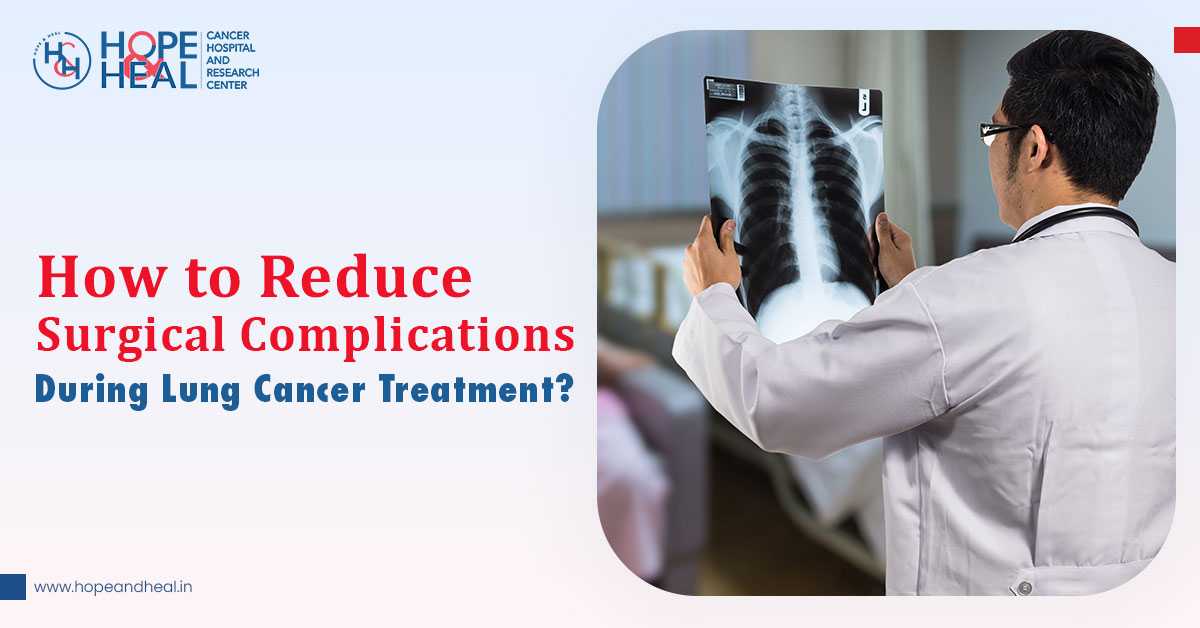Did you know that lifestyle choices have a major impact on your overall risk of developing cancer? Yes, they do, even if genetics and environmental exposures also play a part. Cancer is one of the top causes of death globally, and we aren’t unaware of it. Based on many studies, the foods we intake can be responsible for up to 50% of cancers that can be prevented.
You may make more wise choices if you know which lifestyle habits cause cancer or subtly raise your risk. Let’s see seven lifestyle choices that may raise the risk of cancer and suggest cancer prevention tips. Whether you want to optimize your long-term health or assist your loved one in doing so, this guide will offer insightful information.
1. Tobacco Use and Smoking
With no surprise, smoking continues to be the leading avoidable cause of cancer globally. And it accounts for more than 80% of lung cancer deaths as well as a sizable portion of cancers of the mouth, throat, pancreas, kidney, and bladder.
For nonsmokers, even secondhand smoke can increase the chance of getting this disease. A healthier habit is to completely stop smoking and, if you don't smoke, stay away from places where smoking is obvious.
A quitting program or nicotine replacement therapy is a great option for people who have tried but their dependency level is too high. You should consult with family, friends, or licensed counselors for expert help.
2. Excessive Alcohol Consumption
This is highly associated with many forms of cancers, including those of the breast, liver, mouth, throat, colon, and further. Also, it is thought to be a Group 1 carcinogen, which is a psychoactive and dependence-causing drug.
The more alcohol is consumed and the more often it is consumed, the higher the health risks, including cancer. Alcohol may raise estrogen levels, harm DNA, and affect the body's capacity to absorb nutrients, which can encourage the growth of cancer.
As per various researchers, women should only have one drink of alcohol each day, while men should only have two. However, we can’t guarantee any safe proportion. You should try to think of days without alcohol or substitutes like herbal teas, mocktails, or lemon-infused sparkling water.
3. Overconsumption of Processed and Red Meats
Cancer and diet choices always have a link. Your risk for certain cancers, including colon, stomach, and esophageal cancers, is strongly linked to the foods you eat.
Many studies have revealed that diets heavy in red meats (beef, lamb, and pork) and processed meats (bacon, hot dogs, and sausages) can increase anyone’s risk of cancer. Hence, eating these food items is one of the lifestyle habits that cause cancer.
Basically, these foods often include preservatives like nitrates and nitrites that can cause the body to produce chemicals that lead to cancer. Here, you can embrace a plant-based diet high in fruits, vegetables, whole grains, legumes, seeds, and nuts for a healthier lifestyle.
Also, lean proteins like fish, chicken, tofu, or lentils can be used in place of red meats. Try to avoid manufactured foods as much as possible and prepare meals at home to keep ingredients under control. This is because these choices help you get better nutrients and bodily functions.
4. Lack of Physical Activity and Sedentary Lifestyle
Yes, sedentary lifestyles are known to contribute to many cancers, including endometrial, breast, and colon cancers, besides having an impact on your waist circumference.
Regular exercise lowers your inflammation levels, promotes a strong immune system, and helps control hormones like insulin and estrogen. Unfortunately, whether at work, on the commute, or watching TV, a lot of people sit for most of the day.
A healthier lifestyle habit you should try is to engage in moderate physical activity for at least 150 minutes a week. Make sure, every 30 to 60 minutes, to stand up or take a stroll to break up extended periods of sitting.
5. Chronic Stress and Poor Sleep Habits
Even while they are not direct causes of cancer, long-term stress and inadequate sleep in a regular pattern can lead to hormonal imbalances and immune system weakness. This situation can foster an environment in your body that is conducive to or harbour cancer growth.
Unhealthy coping strategies like drinking, smoking, or binge eating are risk factors for cancer, highly linked with ongoing stress. Everyone should know that deprivation of sleep can also trouble the circadian rhythms that your body naturally uses to control DNA repair and cell proliferation.
So, you must develop a healthier habit by engaging in stress-reduction practices like yoga, deep breathing, or mindfulness. Keep a consistent sleep routine and strive for seven to nine hours of good sleep every night so that cells get enough time to keep themselves optimal. Nonetheless, if you are feeling ongoing anxiety or emotional lows, you can consult a therapist or psychiatrist without a second thought.
6.Obesity and Excess Body Weight
At least 13 different cancers, including post-menopausal breast, colorectal, pancreatic, liver, and kidney cancers, are strongly associated with obesity. The fact is, hormone imbalances and persistent inflammation caused by excess body fat might encourage the growth of cancer in your body.
Follow a better habit, such as to achieve and maintain a healthy weight, go for a regular exercise schedule, and eat a balanced diet. Keep your eye on your waist circumference and BMI (body mass index). Be sure you keep away from fad diets and instead ensure steady, progressive improvement (that takes time).
7. Inadequate Sun Protection and UV Exposure
We all know that sunlight is necessary, and it is because of the synthesis of vitamin D. But too much UV radiation exposure is a leading cause of skin cancer, including the fatal melanoma.
Prolonged exposure to the sun without protection and tanning can increase your skin cancer risk. Contact with UV radiation tends to damage skin cells' DNA, which can build up over time and cause abnormal gene mutations.
Thus, you should wear broad-spectrum sunscreen (SPF 30 or greater, like SPF 50) whenever you're outside, including on overcast days. Avoid tanning beds and look for shade between 12 p.m. and 4 p.m., and you should wear hats, sunglasses, and protective apparel.
Final Words
Many lifestyle choices you can change, but certain cancer risk factors, such as age or genetics, are beyond your control. Your daily decisions, ranging from what you eat and drink to how much you walk or sleep, have a clear impact on your long-term health.
Not only are quitting smoking, eating more vegetables, exercising, and managing stress effective ways to prevent cancer, but they also provide the groundwork for a longer, optimal life. We hope that you will avoid these seven harmful lifestyle choices for your wellness. For effective cancer treatment and diagnostic accuracy, you can visit the top cancer hospital in Siliguri City at Hope & Heal Cancer Hospital and Research Centre.






